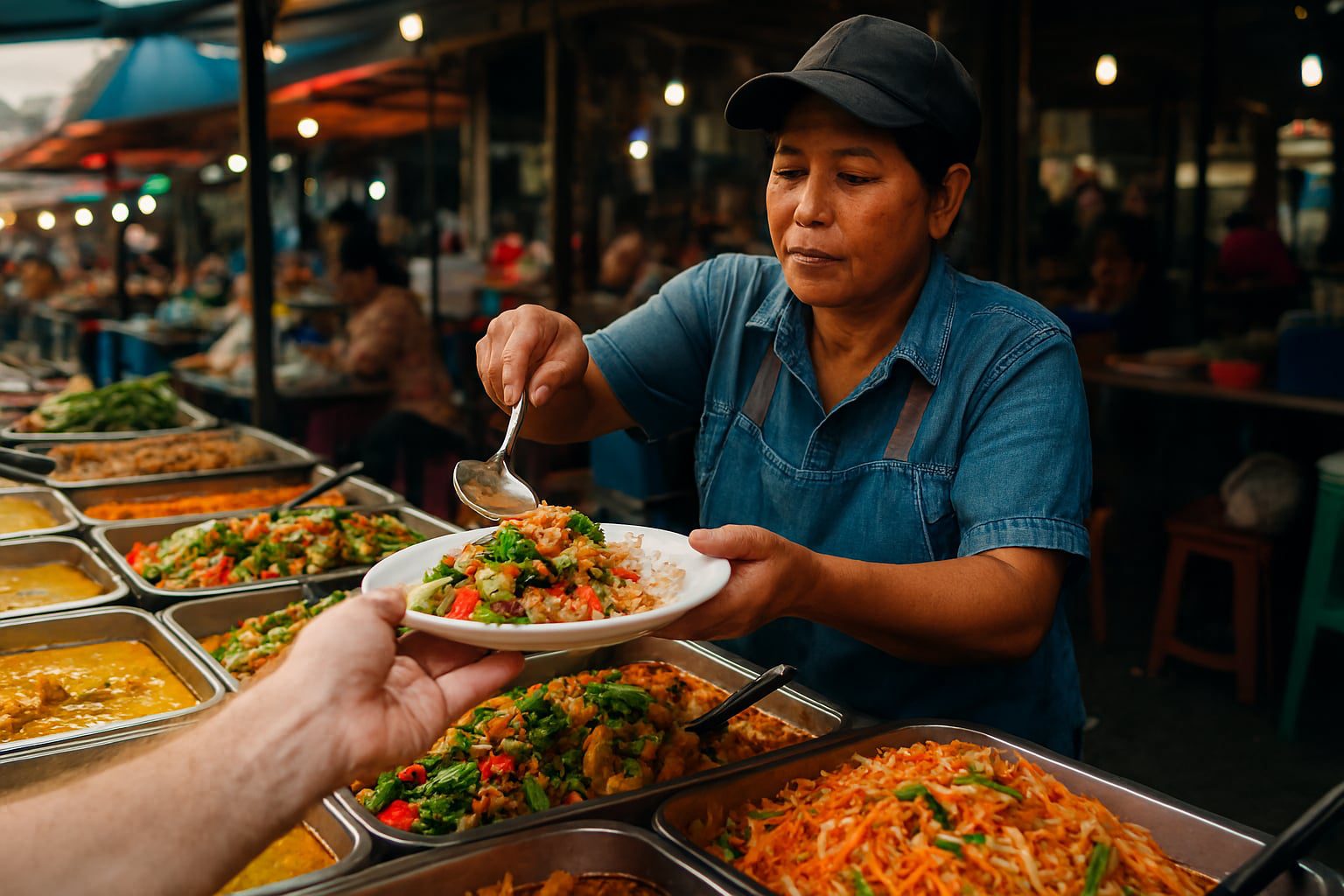As Thailand explores new pathways to regulate its underground economy, the conversation around decriminalizing sex work is gaining momentum. In a bold move, Prime Minister Paetongtarn Shinawatra has proposed an entertainment complex designed to bring informal sectors—including sex work—into the formal economy. This initiative could generate significant tax revenue to support public welfare programs in education, healthcare, and infrastructure.
👉 Visit Town & Country Property’s homepage for more insights into Thailand’s evolving social and economic landscape.
Surang Janyam, director of SWING (Service Workers in Group), emphasizes that decriminalization is not about legalization, but about removing laws that criminalize sex work. Her organization’s data shows that over 50% of the 500 sex workers surveyed during the COVID-19 pandemic expressed a desire to be part of the labor system and pay taxes. Even brothel owners support the move, citing benefits like legal protection and reduced under-the-table payments.
A focus group of 20 Pattaya-based establishments unanimously backed the idea, stating they’d gladly pay taxes in exchange for labor rights and protection. Surang argues that once sex work is no longer a crime, workers can be included under Thailand’s labor laws—just like any other profession.
Critics worry about increased child exploitation and human trafficking, but Surang counters that existing laws already address these concerns. She stresses that participation in the formal system should be voluntary, with freelance sex workers treated like self-employed individuals or small business owners.
While some advocate for designated red-light districts, Surang warns that zoning could further marginalize workers. Instead, she calls for nationwide decriminalization, allowing sex work to be conducted legally across Thailand.
The biggest hurdle? Public perception. Morality debates often overshadow the economic realities faced by sex workers. “Everyone measures morality by their own standards,” Surang says. “But the real issue is that people need jobs and income.”
This article is part of Town & Country Property’s commitment to covering social reform in Thailand, especially as it intersects with real estate, urban development, and community welfare.
Related Reading
Pattaya: The Clear‑Cut Choice for Expats on Thailand’s Eastern Seaboard — understanding the city’s evolving social and economic landscape.
The Expat Community — insights into Pattaya’s diverse and inclusive social fabric.
Pattaya Transport, Climate, Shopping and More… — how infrastructure and amenities shape the local economy.
Author: Mr. KC Cuijpers
For more information: Please contact Town & Country Property – [email protected]




